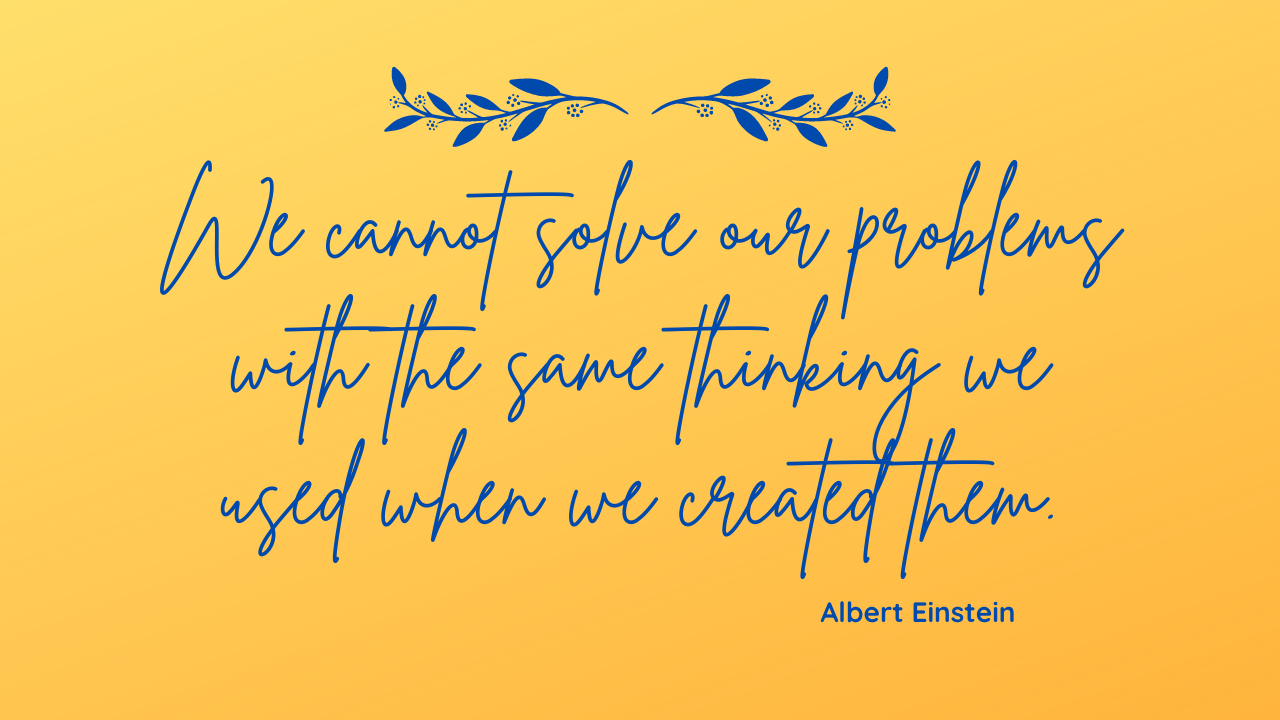Don't get drawn into making this big mistake with your sensitive dog.
May 17, 2024
Some dogs are naturally more sensitive than others. And that's OK...as long as naturally shy quiet dogs can be themselves and still feel safe in the world. If that's your dog, protect their safe space and allow their authentic personality to shine.
Other dogs developed sensitivity after an experience that left them feeling fearful and traumatized. Even if a lot of time has passed since the stressful experience happened, the impact on the dog's nervous system isn't diminished by the passing of time. The important thing to understand about trauma is that it stays in the brain. The "replays" feel like the real thing all over again - not merely a memory.
First Do No Harm.
Parenting a sensitive dog often presents more questions than answers. And since you love your dog, you want answers and are willing to try anything to find help. The downside of trying a series of different things is that it creates a high level of unpredictability. Without predictability, a sensitive dog feels unsafe and expects his world to be dangerous. A dog's felt sense of safety is non-negotiable.
Therefore, every plan to help must eliminate the possibility of retraumatizing the dog.
The Big Mistake
Research into the functioning of a dog's nervous system reveals the parallels between dogs and humans. So let's consider a human example to illustrate the big mistake you need to avoid making.
Consider a child, age 5 years, who is terrified of being alone in the dark after an earlier traumatic experience. To "desensitize" the fear, the child is placed alone in the dark for gradually longer periods. Each exposure ended when the child showed signs of stress. After several repetitions, the child was "quiet". Was the process successful or does it just appear to be?
The Big Mistake is believing that desensitization is an all-purpose tool. In the example, the child is re-traumatized by each exposure until the nervous system finally freezes and shuts down.

Here are the reasons why using desensitization for sensitive or traumatized dogs is a big mistake:
- The dog is forced to confront the traumatic experience without first learning coping strategies
- The dog is deprived of agency and placed in a helpless position
- The dog is trapped in the situation with no safe exit
- The dog's only relief is from freezing and shutting down
- Retraumatizing a dog is cruel and inhumane
- The dog is exposed to triggers in the environment without first learning to regulate emotions
- Desensitization used irresponsibly without specialized education in behavior is potentially harmful.
The good news is that there are practices that are both kind and effective for dogs who struggle with emotional reactivity. They're grounded in the philosophy of first do no harm. I created and built my successful Academy program for dog parents who want transformation with kindness.
For a quick and affordable introduction to the principles behind the Academy's transformational results for sensitive dogs, join the VIP Insiders Track. It'll help you understand more so you can then do better.
Recommended reading: What It's Like to Be a Dog, Gregory Berns
Sensitive Dogs want to be heard, not trained. When you recognize the emotion behind the behavior, the behavior changes.
Learn the exact steps when you download the A-Stack Plus Bundle.
Do you want a free copy today? Click below to get yours!
